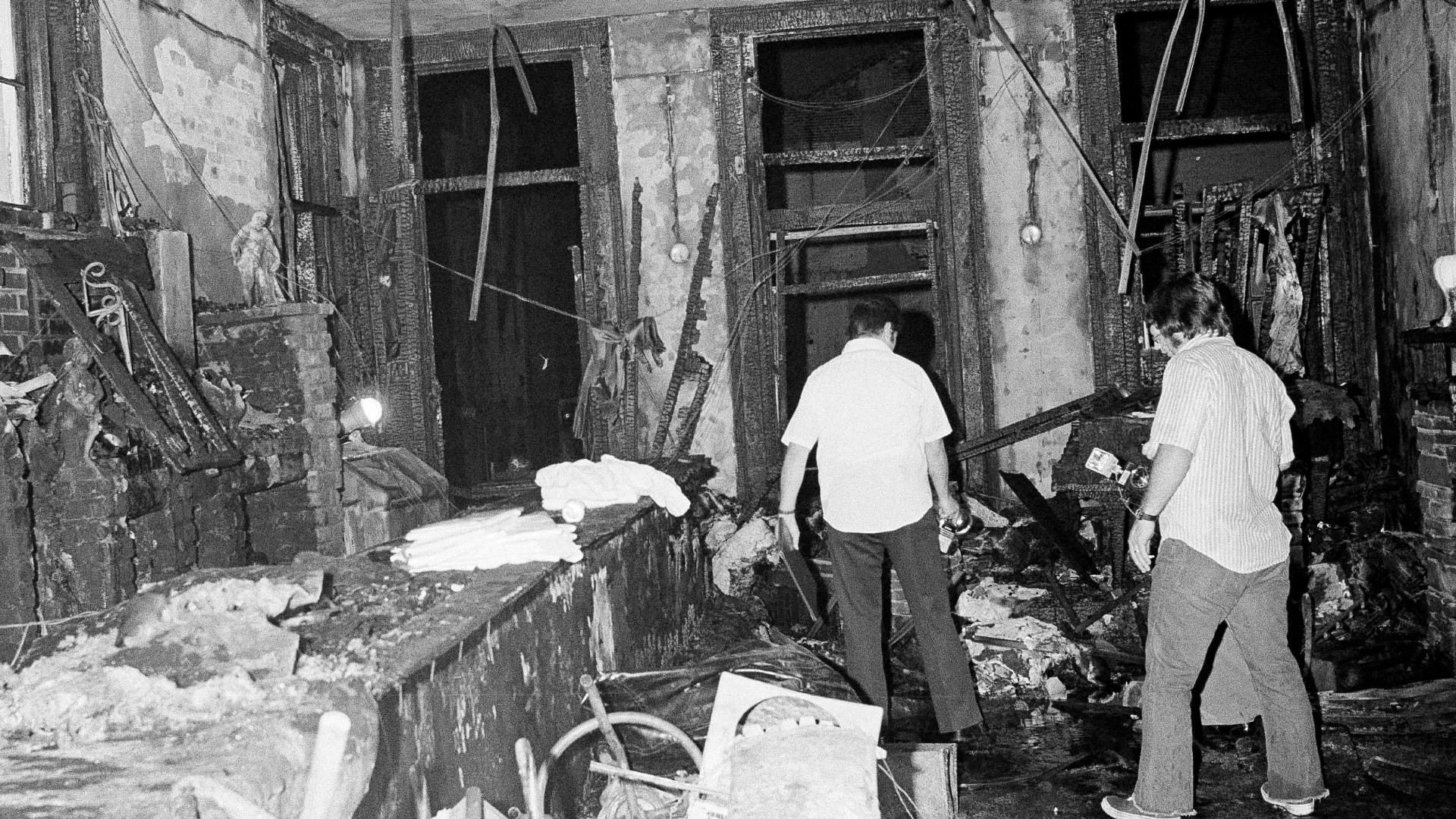NEW ORLEANS — Forty-nine years ago a horrific tragedy happened in the French Quarter.
Thirty-two people, mostly gay men, perished in a fire at the Upstairs Lounge at the corner of Iberville and Chartres after a patron who had been told to leave came back and started a fire in a stairwell that provided the main way out of the club.
Recollections of the fire are horrifying to read to this day.
"It was horrible," Terry Gilbert, at the time a 22-year-old rookie firefighter who responded to the scene told NOLA.com. "These people, they were literally roasted alive. When your skin is exposed to open flames, you just melt, like candle-wax. It's horrific."
WWL-TV Political Analyst and Gambit Columnist Clancy DuBos was a rookie reporter, only 18 years old, when he raced to the scene for the Times-Picayune.
“As I approached the corner, what I saw stopped me cold,” said DuBos, recounting the story in a Gambit article. “The street was packed with firefighters, media and gawkers — and a man with much of his flesh burned off and hanging from his limbs. He sat on the curb facing the fire, weeping, begging for help. I had to turn away, at least momentarily.”
Until the mass shooting at the Pulse night club in Orlando, it was the largest mass killing of gay people in the nation.
Thursday, the New Orleans City Council will recognize the victims officially.
News accounts of the 1973 horror said that following the fire, few if any public officials made statements of sympathy or condolences. Families also talked about having problems finding churches to bury the loved ones.
Holly Bradford, a woman who attended a memorial in 2018, recalled that “talk radio hosts joked about burying their remains in fruit jars.”
The climate at the time for tolerance of gay lifestyles had not come nearly as far as it has today.
“It was a slap in the face of all of the victims and their families,” said Jamie Warren at a memorial four years ago. She lost a grandmother and two uncles in the fire.
Rev. Alisan Rowland, the former pastor of the Metropolitan Community Church on New Orleans, said at the time of the memorial that it is important to remember all of the lives that were lost that day.
“They are part of the reason that why the LGBT community has the freedom and the visibility is has now," Rowland said.

